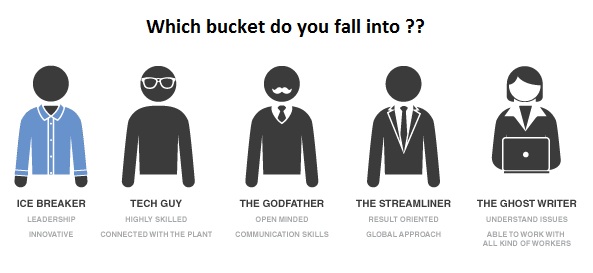Performance Appraisal
Performance Appraisal is when and where the employee’s job performance is assessed and discussed by his/her manager. On the day of meeting/discussion, the manager highlights what the employee was good at and also covers areas that could have gone better. The meeting either ends with employee moving a step ahead professionally or as a motivating session that helps employee better his/her works at all times in the future.
How Performance Appraisal System should be?
A performance appraisal system should neither be derailing nor misleading the employees, as this might lead to bring down employee’s career. Also, the appraisal process can shake the organization structure leading to high attrition rate, critical positions left unfilled for long, declining company growth and low/reduced profitability.
An ideal Performance appraisal system should be beneficial to both the organization and the employees helping them grow along his/her career graph, provide necessary assistance, motivating at tough times, recognizing and appreciating good work.
Characteristics of Performance Appraisal System
Performance appraisal process needs to be a simple and an easy approach for all the employees to understand and adhere to the methodology.
The following encompasses ideal characteristics of an appraisal system
1. Clear Objectives
Organizations differ in terms of work, size, resources, needs and environment, but every organization will have set of objectives to be achieved end of the year. The goals should be well defined and communicated to every employee at the organization. This will align employee towards organization goals. The goals should be set taking into account organization-employee compatibility and scope of the employees to attain the goals. Thus the goal/objective of the appraisal system should be clear, specific and tailor-made for the company.
2. Reliable and Valid
Appraisal system should be fair and ethical, to make the organization attain pinnacle of success. This can be made possible only when the data is valid and reliable. The data here is nothing but the goal against employee outcome, time taken to accomplish the goal and status of the goal. All this data must be recorded and documented for every employee performance. Collation of this data showcases complete employee performance on the appraisal day and will be real time, reliable data.
3. Developmental
The manager should not go judgmental on employee performances. The manager should be able to analyze employee skills, capabilities and his/her approach towards work. The manager must take care of every developmental need of employee to uncover hidden potential. Only when the manager has a clear understanding of the employee capabilities, he can fine tune employee performances and help him/her grow professionally; wisely playing on employee’s strengths at the same time addressing any areas of improvements needed.
4. Training
There will be employees in every organization who will need assistance and support to work better. The manager should be able to identify those employees who need proper assistance and training. After sorting out employees based on the level of training they require, the manager should guide and motivate them. The manager should ultimately help every individual perform better on the current role and get him/her prepared to move to the next level professionally.
5. Standardization
The appraisal process is very common in all organizations but the strategies might differ from one to another. Whatever the method the organization picks up, it should be well defined. If performance is assessed frequently and appraisal is carried out either monthly or at least once a quarter, the appraisal process is said to be how it should be. Appraisal process is as similar as an employment policy that must follow standard organization procedures. Employees who go around the procedures ethically are identified and encouraged.

PERFORMANCE APPRAISAL CHARACTERISTICS





